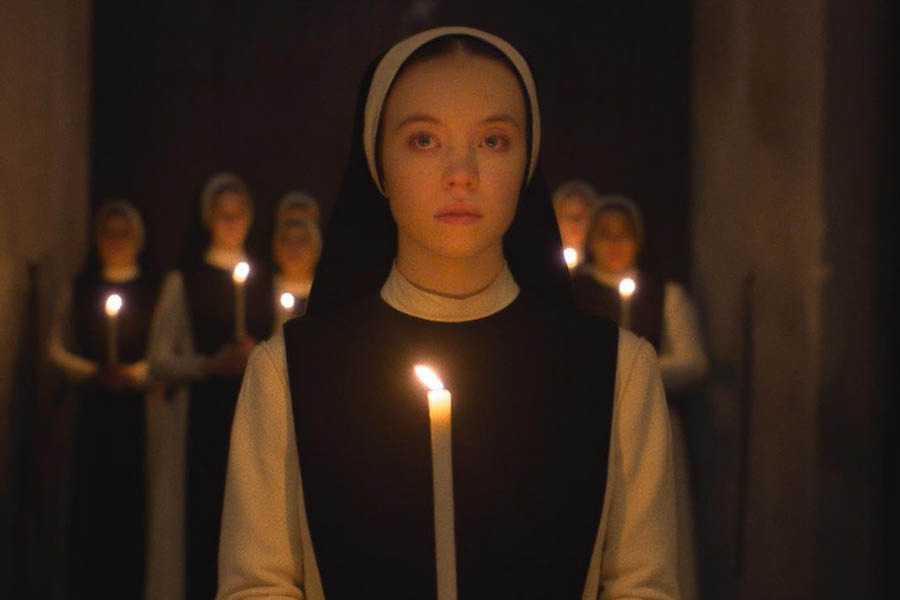Michael Mohan’s horror film Immaculate not only makes you feel fear crawling under your skin but also serves up a superlative performance by Sydney Sweeney. While the premise has similarities with Arkasha Stevenson’s The First Omen, released earlier this year, Immaculate treads into a psychological exploration of faith, female subjugation and the violation of bodily autonomy.
Cecilia (Sydney Sweeney), a young woman shrouded in a mysterious past, seeks solace within the walls of a remote Italian convent. When Cecilia is found to be pregnant, despite no men being around, the church authorities conclude it to be another immaculate conception.
From a humble servant of God, Cecilia becomes the would-be mother of a possible new saviour and the object of semi-worship. But the initial warmth of the cloistered community begins to wear off as she uncovers cryptic rituals and the air of secrecy closes in on her. The idyllic Italian countryside takes on a sinister tone with long, lingering shots of desolate hallways and dark chambers.
Sydney Sweeney makes Cecilia a woman of quiet determination who gets increasingly suspicious of what she’s up against and whose faith wavers as inexplicable events unfold around her. Instead of being a pawn in a horrifying game, Cecilia actively investigates the convent’s secrets.
Immaculate’s fear factor leans heavily on psychological dread and body horror elements. Grotesque imagery and moments of physical violation are strategically used to trigger revulsion and unease. Unlike The First Omen, which relied on overt demonic imagery, Immaculate takes a more subtle approach. The real horror lies in the violation of Cecilia’s body and the destruction of her faith.
While The First Omen ultimately embraced the traditional good-versus-evil narrative, Immaculate delves into issues of religious control and the subjugation of women in a patriarchal system. The convent becomes a microcosm for a world where female bodies are seen as vessels, not individuals, and Cecilia’s struggle for control over her own body becomes a potent allegory.










